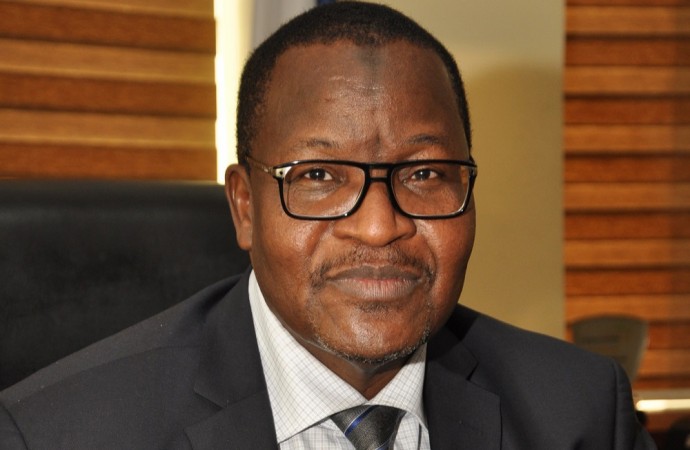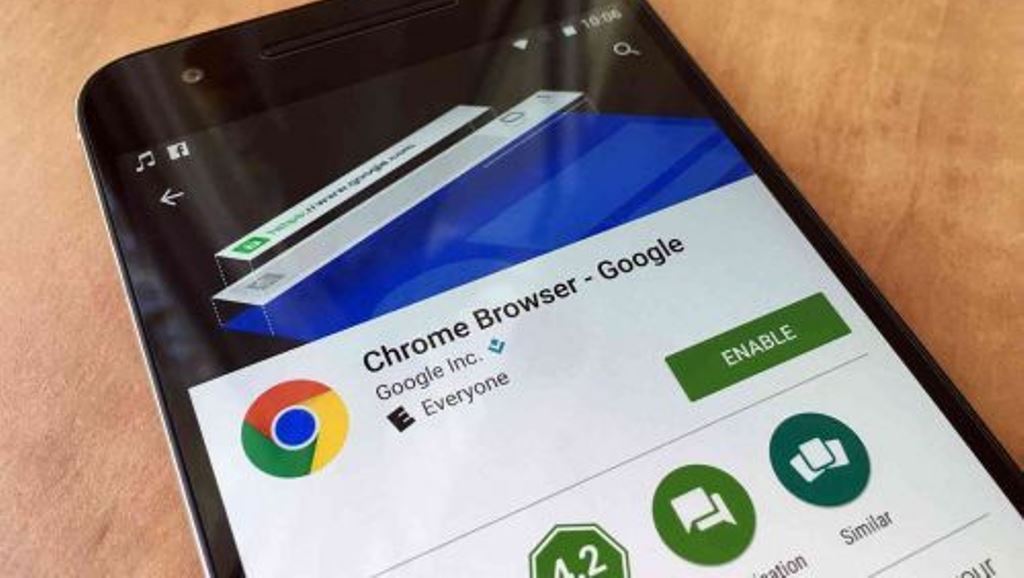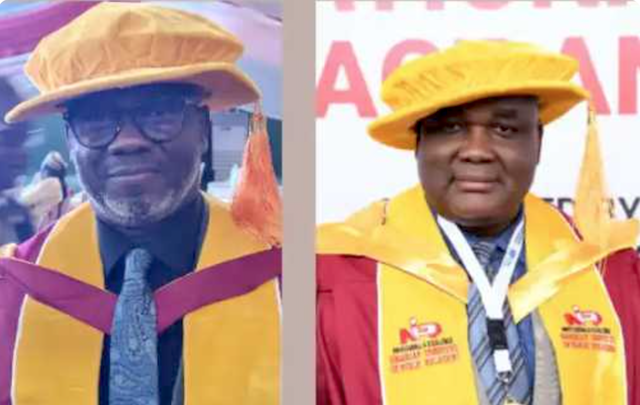The Nigerian Communications Commission (NCC) has deployed 84 assistive Information Technology projects at different locations in Nigeria to support people with special needs while supporting policies that enable disadvantaged members of the society to live a more qualitative life.
“The E-Accessibility project seeks to meet the ICT needs of persons living with disabilities in Nigeria by providing ICT tools, assistive technologies, training, and Internet provision in the identified locations. Between 2012 to 2020, the NCC has deployed the E-Accessibility Projects in, at least, 84 locations nationwide.”
The Executive Vice Chairman (EVC) of the Commission, Prof. Umar Danbatta, disclosed this during a courtesy visit by a delegation from National Commission for Persons with Disabilities (NCPWD) to the NCC over the weekend in Abuja, where the EVC also restated NCC’s commitment to continually support people with special needs across the country.
Danbatta, while receiving the NCPWD team led by its Executive Secretary, James Lalu, said the telecom regulator has always implemented initiatives aimed at ensuring digital inclusivity for all Nigerians regardless of their circumstances.
Represented by the Director, Human Capital and Administration at NCC, Usman Malah, the EVC said telecoms sector has become the backbone of the national economy and has recorded tremendous growth from 400,000 telephone lines on the eve of sectoral deregulation in 2000 to over 208 million active telephone lines now, just as active Internet subscription rose to 156 million in the last two decades.
The EVC stated that the Information and Communication Technology (ICT) Industry’s contribution to the Gross Domestic Product (GDP) currently stands at 18.44 per cent, going by the data released by the National Bureau of Statistics (NBS) as at the second quarter of 2022. Additionally, Danbatta said that NCC has continue to ensure quality of service delivery to the consumers and digital inclusion for all.
Accordingly, Danbatta said the NCC recognises and aligns with the noble objectives behind the establishment of NCPWD as enabled by the Discrimination Against Persons with Disabilities (Prohibition) Act of 2018.
The NCC Chief Executive stated that in addition to implementing the five per cent inclusiveness of persons with disabilities in NCC’s staffing efforts in accordance with the law, the telecom regulator, through the Universal Service Provision Fund (USPF), has executed many projects within the framework of its E-Accessibility Programme in last 10 years that targets the challenged members of the society.
“In other words, the project provides ICT tools and Assistive Technologies (ATs) to the blind, the deaf, dumb, crippled, cognitively impaired, and other categories of people living with disabilities. As disadvantaged members of society, the project is designed to assist in improving the quality of life of people living with disability,” he said.
In his remarks, the NCPWD’s Executive Secretary, Lalu, said the purpose of the agency’s visit was to keep the NCC management abreast of its mandates and activities, and to seek greater collaborations with NCC for the benefits of estimated 35.5 million persons with disabilities in Nigeria.
He commended the NCC for the “wonderful work it has been doing through various projects in support of people with disabilities in the country.” Lalu slso appealed to the NCC to help in creating awareness among telecoms service providers to comply with the legal requirement to dedicate five per cent of their employment quota to persons with disabilities. He said this category of Nigerians are ‘smart, professional and intelligent’ and can make significant contribution to the growth of the respective organizations employing them, despite their disabilities.
“What we want to achieve is to make Nigeria a country that is comfortable for PLWD by ending discrimination and providing adequate reporting system and we have seen NCC as a strategic and important partner in this journey,” Lalu said.
The NCPWD was established, pursuant to section 31 of the Discrimination Against Persons with Disability (Prohibition) Act 2018, to promote, protect and prioritise the rights of persons with disabilities, and to further enhance their productivity through education, health, and other socio-economic activities and programmes.





